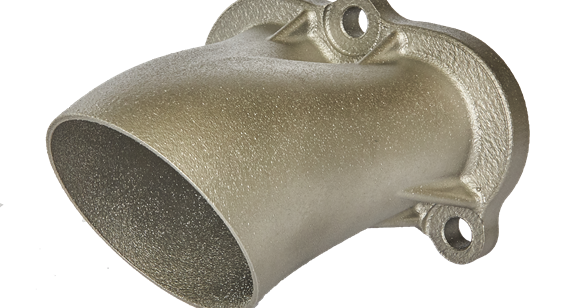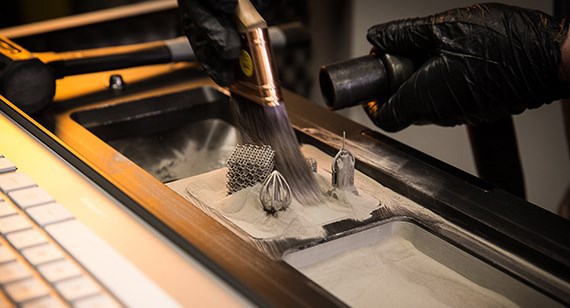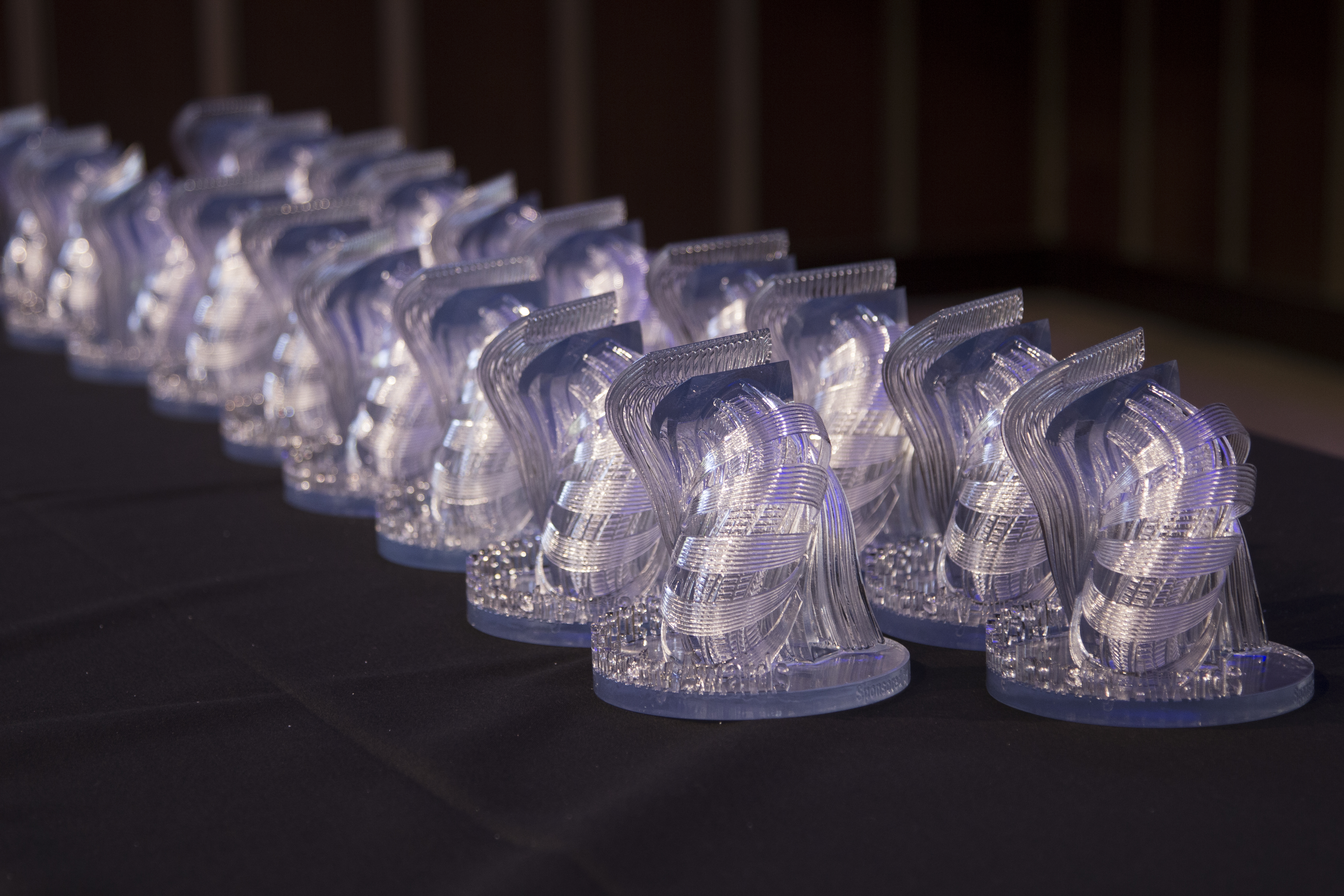Protolabs, an award-winning on-demand manufacturing provider, has announced the addition of Inconel 718 and Maraging Steel 1.2709 to its collection of Direct Metal Laser Sintering (DMLS) 3D printing materials.
With its high strength and corrosion resistant properties, such materials as Inconcel 718 will further enable the Minnesota-based company to create functional end-use 3D printed parts for the aerospace sector.
“Other manufacturing methods sacrifice some of the material properties of Inconel, therefore I am delighted that Protolabs is now able to offer this material through 3D printing,” commented Daniel Cohn, General Manager of 3D Printing Services at Protolabs.
“Combining the exceptional properties of the material with Protolabs’ expertise in DMLS means we are able to rapidly produce complex geometries for parts which are exposed to the harsh environments typical of the aerospace sector.”

Superalloys for metal 3D printing
Inconel 718 is a high-strength, corrosion-resistant nickel chromium superalloy. This material can be used at temperatures between -252°C and 704°C and displays good tensile, fatigue, creep and rupture strength. With the additive manufacturing process, DMLS, jet and rocket engine components, gas turbine and instrumentation parts, as well as power and process parts can be produced.
Maraging Steel 1.2709 is a pre-alloyed ultra-high-strength steel in the form of fine powder. According to Protolabs, this material is characterized by having exceptional mechanical properties, as well as being easily heat-treatable using a simple thermal age-hardening process.
Similar to Inconel 718, this material is ideal for aerospace-grade parts in addition to tooling components for motor racing applications. Protolabs’ range of metals available for its DMLS service now includes aluminum, 316 Stainless Steel, Titanium, Inconel 718 and Maraging Steel 1.2709.

Protolabs and the 3D printing industry
As well as metal additive manufacturing, Protolabs has experience with processes as stereolithography (SLS), Multi Jet Fusion, and Polyjet 3D printing. In fact, Protolabs manufactured the trophies for the 2018 3D Printing Industry Awards.
The company has a sizeable manufacturing capacity and also offers injection molding and CNC milling services. Recently, it became a member of the GE Additive launches a Manufacturing Partner Network (MPN), which seeks to tackle the issues related to the adoption of industrial 3D printing.

How impactful has Protolabs been within the additive manufacturing ecosystem? There is still time to place your nominations for the upcoming 3D Printing Industry Awards 2019.
Searching for the latest 3D printing news? Subscribe to the 3D Printing Industry newsletter, follow us on Twitter and like us on Facebook.
Want a fresh start this year? Visit 3D Printing Jobs to commence your career in additive manufacturing.
Featured image shows the DMLS process. Photo via Protolabs.


